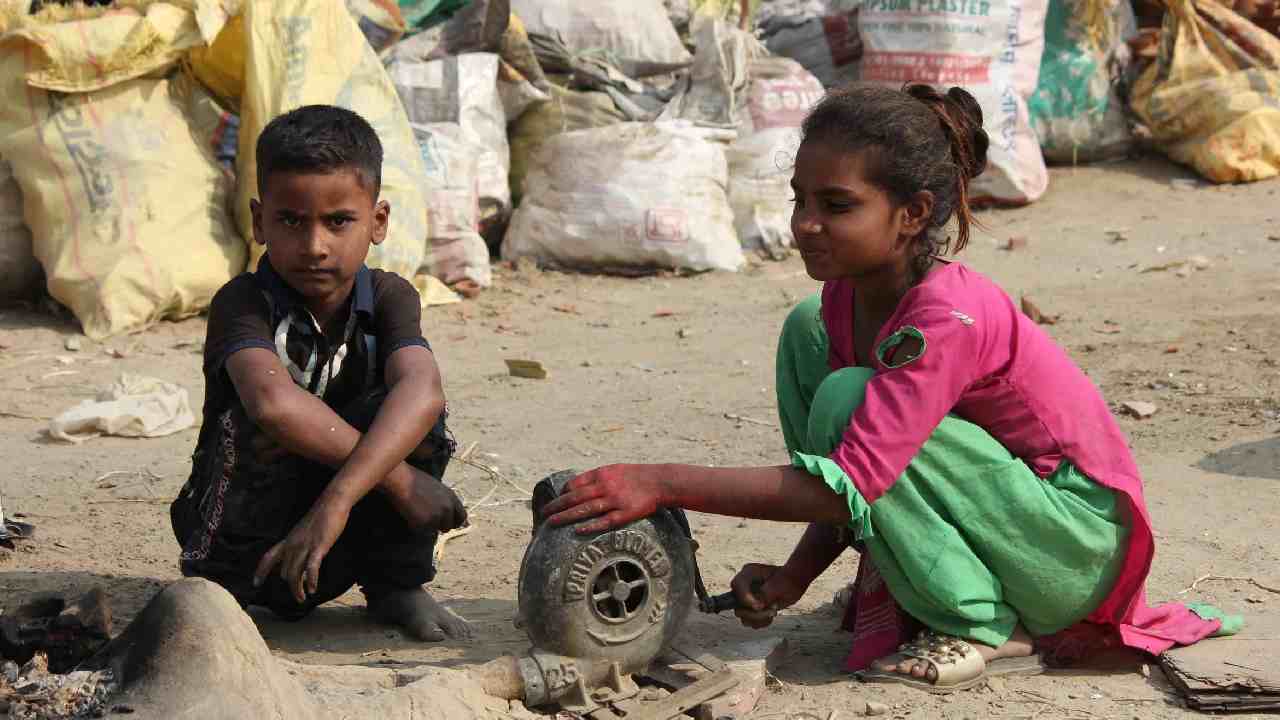A joint report published on Wednesday by the UN children’s agency (UNICEF) and World Bank said that at least two-thirds of households with children have lost income since the COVID-19 pandemic hit two years ago.
The report, Impact of COVID-19 on the welfare of households with children, is based on the findings from data collected in 35 countries. It notes that households with three or more children were most likely to have come up short, with more than three-quarters experiencing a reduction in earnings.
“Families cannot afford food or essential healthcare services. They cannot afford housing. It is a dire picture, and the poorest households are being pushed even deeper in poverty,” said Sanjay Wijesekera, UNICEF Director of Programme Group.
The lost earnings have left adults in a quarter of all households, in the position where children are going a day or more, without food. Adults in nearly half of households with children reported that they themselves were skipping a meal due to a lack of money. Around a quarter of adults in households with or without children, reported finding themselves out of work, during the pandemic so far, the report says.
“The modest progress made in reducing child poverty in recent years risks being reversed in all parts of the world. Families have experienced loss at a staggering scale. While last year, inflation reached its highest level in years, more than two-thirds of households with children brought in less money,” Wijesekera added.
Pandemic hit children the most
According to recent data, the economic crisis generated by COVID-19 threatens to hit children and families the hardest.
The number of children living in multidimensional poverty – without access to education, health, housing, nutrition, sanitation or water – soared to approximately 1.2 billion in 2020, while an estimated additional 100 million children were projected to have fallen into multidimensional poverty in 2021. With children in 40 per cent of households not engaging in any form of educational activities while their schools were closed, they were being deprived of the basics.
Carolina Sánchez-Páramo, Global Director of Poverty and Equity for the World Bank, added that the current situation “could lock in increases in inequality for generations to come, making it less likely that children will do better than their parents or grandparents.”
Although households with three or more children were the most likely to experience a loss of income, they were also most likely to receive government assistance, with 25 per cent accessing this support, compared to 10 per cent of households with no children, the report added.
Both the UN agencies, in their joint call, urged a rapid expansion of social protection systems for children and their families such as the delivery of cash transfers and the universalisation of child benefits, as critical investments to help lift families out of economic distress and prepare for future shocks.


























